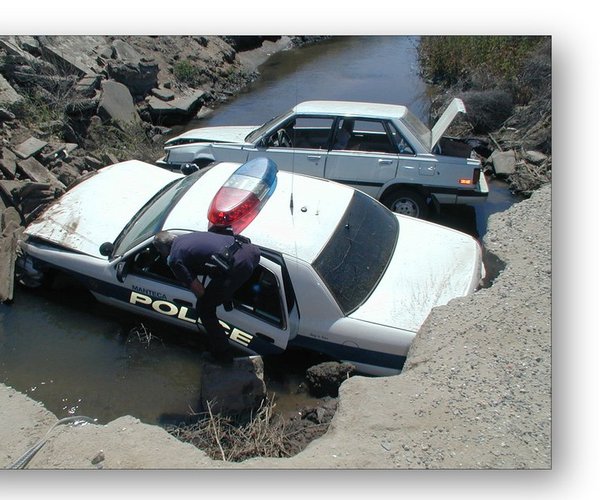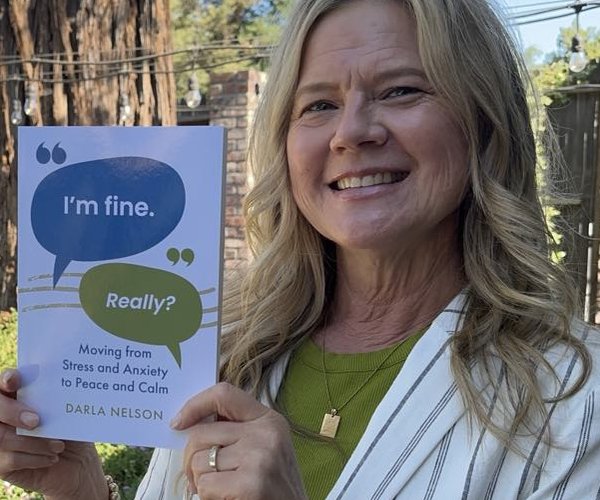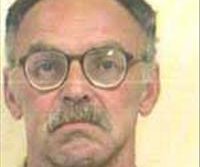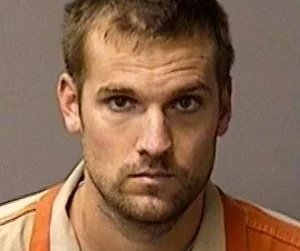There was only one order Mike Dillman regretted following as a soldier.
The airliner returning him and other troops from their final tour in Vietnam was approaching Seattle. A video featuring Richard Nixon was shown. The president thanked the soldiers for their service and then told them to remove their uniforms as quickly as possible as the environment in the United States had changed and it wasn’t friendly toward those returning from the Vietnam War.
“It’s an order that to this day I regret following,” Dillman said.
It was an era when servicemen wearing uniforms as they passed through airports returning home from war were spat on and had protestors screaming “baby killers” and “murderers” at them.
Years later after the terrorist attack on 9-11 prompted the Global War on Terror Dillman vowed he’d do everything in his power to make sure those who fought for their country returned to the embrace of a grateful nation and not one that treated soldiers as they did during the Vietnam era.
Dillman, with the backing of The Place of Refuge where he serves as pastor, organized the first Not Forgotten Memorial Weekend Commemoration. Seven years later upwards of 25,000 people from throughout Northern California will descend on Woodward Park for day-long activities starting at 8 a.m. for the Chris Braley/Wounded Warrior Run to 9 p.m. with the start of the aerial fireworks show.
There is a reason for fireworks to cap off the Memorial Weekend event.
“Those fireworks are to celebrate those who returned home,” Dillman said.
• • •
From Bible college student to firefights in the jungle
Dillman, now 66, grew up in Stockton.
“I’d get out of school at 3 p.m. and then go deliver the Record,” Dillman said of back when he was 12.
He’d swim in canals in the summer to stay cool. During his high school years he’d hang out with friends at the A&W Root Beer Drive In that once stood near where Weberstown Mall is today. After graduating from Stagg High in 1965, Dillman had his heart set on a career as a minister.
It wasn’t a dream his parents shared.
So when he went to Bible college there was no financial support from his parents. The money he saved lasted about a year before he had to dropout. That same day he dutifully went to the Post Office to have his student deferment changed making him eligible for the draft.
As a 19-year-old in boot camp at Fort Dix, New Jersey, he was among the soldiers a chaplain approached to see if anyone was interested in being a chaplain’s assistant. Dillman thought that sounded like a good way to avoid Vietnam.
He passed the interview and was accepted for the chaplain assistant training at Fort Hamilton in New York.
His orders caught him off guard. Of the 35 men being trained as chaplain’s assistants, 34 including himself had orders to ship out to Vietnam.
He called his girlfriend whom he had asked “a thousand times” to marry him to tell her he was leaving for Vietnam in 30 days. Jane responded by saying she wanted to get married — now. On a weekend pass he traveled to California and got married.
Dillman termed his initial time in Vietnam as “very quiet” until the first chaplain he was assigned to returned stateside.
That changed when he was assigned to Chaplain Russell with the 82nd Airborne.
“He was gung-ho and wanted to be where the men were fighting on the front lines,” Dillman recalled. “We’d hitch rides on helicopters to go from fire camp to fire camp. Russell (as a chaplain) was not armed. I was his body guard, his sole protector plus I had to protect myself.”
Dillman saw a lot of action. Then one night the fire camp they were at experienced incoming fire. In the confusion he became separated from the chaplain.
“I lost track of him in the fog of war.” Dillman said.
The chaplain was seriously wounded and was sent stateside.
His third chaplain was a Catholic priest who insisted on visiting the large morgue three to four times a week at Cam Ranh Bay.
There Dillman accompanied him as they unzipped body bags so the priest could touch the flesh of the men and administer the last rites.
“Sometimes there weren’t bodies in bags, it was just body parts,” Dillman recalled.
Dillman then would dutifully type out letters of condolences assuring grieving relatives that last rites had been administered for the priest to sign.
“Back then we were losing 600 men a week,” Dillman. “That compares to 600 we have been losing each year in the war on terror.”
The war in Vietnam changed his life.
“You try to put it behind you but you can’t,” Dillman said.
Dillman, who later was diagnosed with having posttraumatic stress disorder, kept his demons from his congregation. He had nightmares, would sweat extensively, suffered from constipation and periods of fainting.
“I kept waiting for God to help me,” Dillman said.
Finally in 1992 an ultimatum from his wife of 25 years helped him start to turn the corner.
“She told me that she loved me but she couldn’t go on living like this,” Dillman recalled.
Dillman accessed Veterans Administration support groups and got help.
As a Vietnam veteran he saw fellow Americans die in the jungles of Southeast East Asia. Then he came home and almost lost his wife, his ministry and his family to post-traumatic stress disorder.
He credits extensive work staging the Memorial Day Weekend Commemoration that he has undertaken with the help of hundreds of volunteers so the ultimate sacrifices of men and women serving American will never be taken for granted or forgotten as being his therapy.
“It is what has saved me,” Dillman said.









